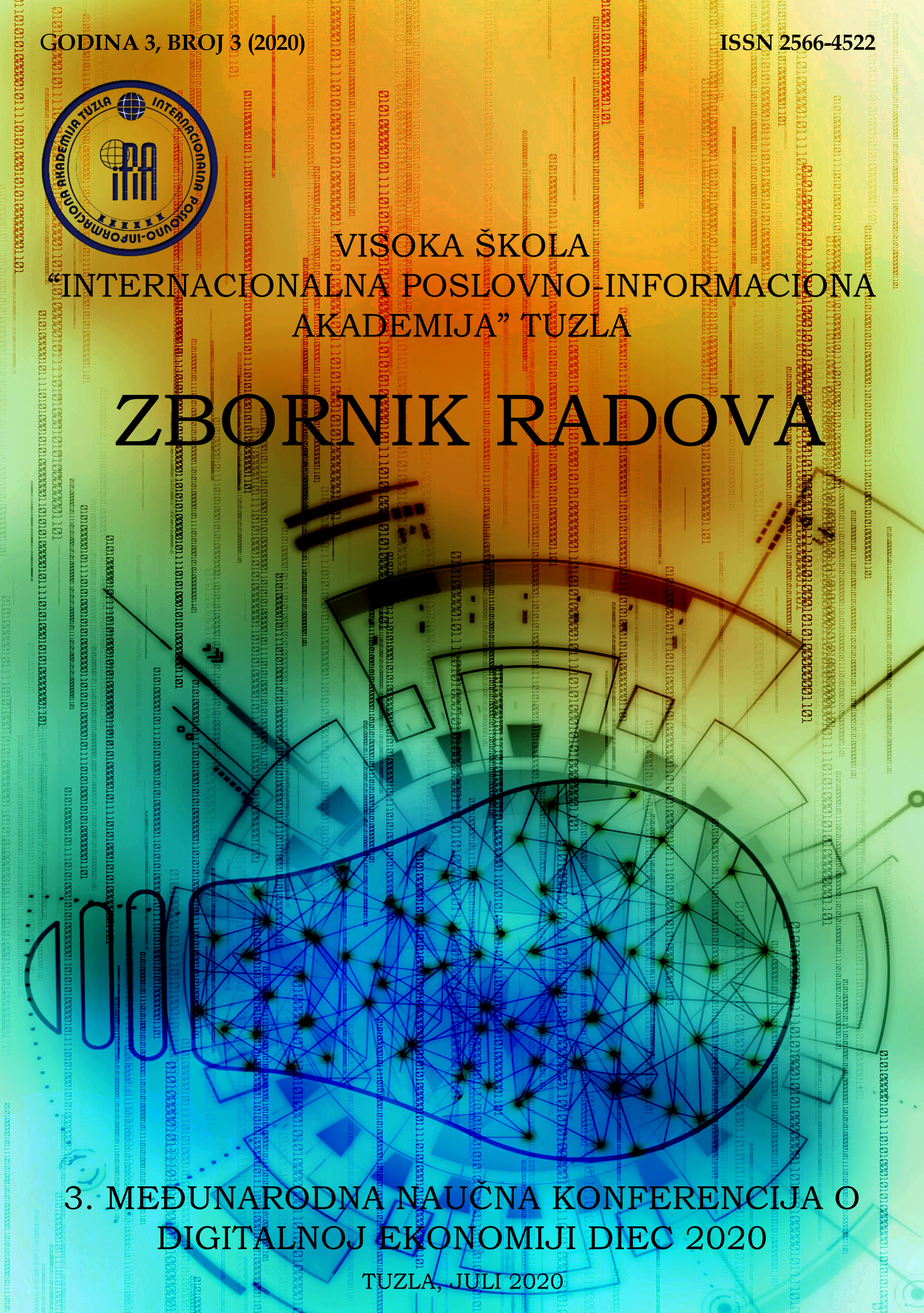THE ROLE AND IMPACT OF SOCIAL MEDIA IN COMMUNICATION BY STATE INSTITUTIONS – THE CROATIAN PARLIAMENT (SABOR)
THE ROLE AND IMPACT OF SOCIAL MEDIA IN COMMUNICATION BY STATE INSTITUTIONS – THE CROATIAN PARLIAMENT (SABOR)
Author(s): Antonija Rimac Gelo, Zlata Berkeš, Ines GrossiSubject(s): Governance, Communication studies, Government/Political systems
Published by: Internacionalna poslovno – informaciona akademija
Keywords: social media; state institutions; parliaments;
Summary/Abstract: The emergence of new technologies has resulted in the emergence of new media and subsequently, changes to traditional methods of communicating and engaging with the public. Social media, a de facto free online service, offering every individual the opportunity for self-promotion and dissemination of information globally, assumes a new and prominent role in communication. This new and powerful communication medium, with its ability to influence social change, is something that public relations experts cannot ignore. The goal of state institutions and parliaments throughout the western world and modern democratic societies, including in the Republic of Croatia, is to be open and transparent towards their citizens and to include them in decision making processes. The subject matter to be researched will focus on the use of social media by state institutions, in their communication with the general public. Particular attention will be paid to the Croatian Parliament (Sabor), as the legislative branch of government in the Republic of Croatia, and how its use of social media compares to practices in other parliaments of European Union Member States. The Croatian Parliament, as an administrative body, does not have a social media presence. However, given that most Members of the Croatian Parliament have personal or official profiles on social media platforms; social media has changed the nature of communication between the Parliament and the public. As is the case for other parliaments, the Croatian Parliament faces a dilemma in finding the most effective way of engaging with its audience and deciding how best to take advantage of the opportunities for personalization, access and interaction presented by social media, while at the same time avoiding challenges related to privacy, copyright and intellectual property. It is a true art form to achieve the open and informal presence that social media demands, while maintaining a modicum of seriousness and formality expected from state institutions.
Journal: Zbornik radova Međunarodne naučne konferencije o digitalnoj ekonomiji DIEC
- Issue Year: 3/2020
- Issue No: 3
- Page Range: 103-108
- Page Count: 6
- Language: English

